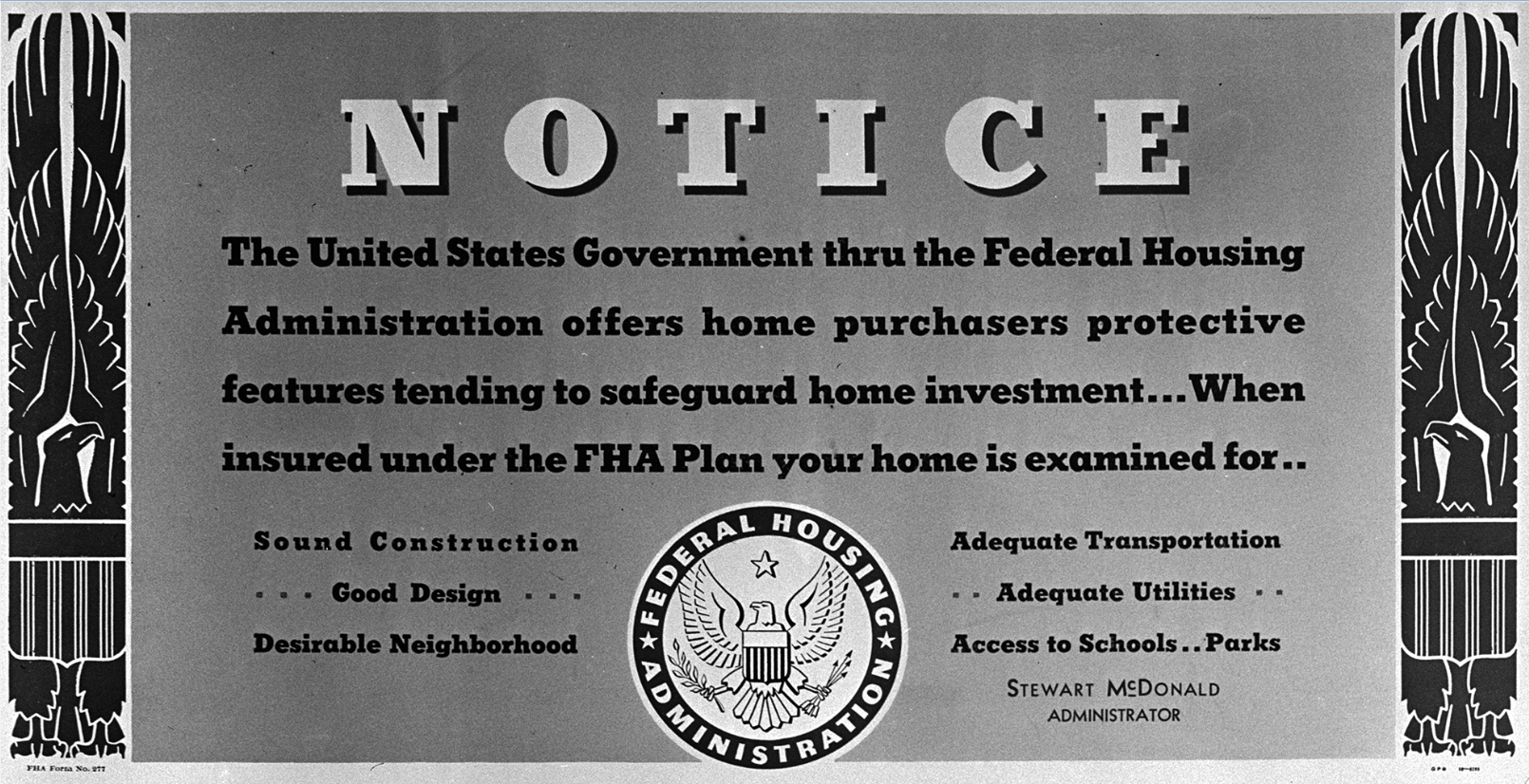You Don’t Need Perfect Credit to Buy a Home—Just an FHA Loan
If you’re short on savings or have less-than-perfect credit, FHA loans can help you buy a home—just know how they compare to regular loans and what lenders may not tell you.
FHA Loan Requirements Made Simple
A loan backed by the Federal Housing Administration (FHA) helps everyday people qualify for a home. Here's what it takes:
- Credit Score: 580+ for 3.5% down; 500–579 requires 10% down. (source)
- Down Payment: As low as 3.5% if your credit is solid. (see policy)
- Debt-to-Income Ratio: Should be under 43%. (read here)
- Income Proof: Bring recent pay stubs, W-2s, or tax returns.
- Loan Limits: Depends on where you live—check the FHA loan limit tool.
- Mortgage Insurance: Required upfront and monthly. Does not go away even if your equity gets above 20%. (learn more)
- Safe Home: Property must pass a safety check by an FHA-approved appraiser.
- Must Live There: No second homes or rental properties allowed.
- Legal Status: Valid Social Security number and U.S. residency.
- Approved Lender: Use a HUD-approved lender or broker.
FHA vs. Conventional Loans: What’s the Difference?
| Feature | FHA Loan | Conventional Loan |
|---|---|---|
| Minimum Credit Score | 580 (500 with 10% down) | Typically 620 or higher |
| Down Payment | 3.5% | 3% to 20% |
| Mortgage Insurance | Always required for the life of the loan (upfront + monthly for most loans) | Usually required if down < 20%, can cancel later. |
| Loan Limits | County-specific caps from HUD | Higher limits possible depending on lender |
| Property Requirements | Must meet HUD safety standards | More flexible on property condition |
| Who It Helps | First-time buyers, low savings, lower credit | Buyers with stronger credit and savings |
How Lenders and Brokers See FHA Loans
Not all lenders push FHA loans—and some may even talk you out of one. Why?
- More Paperwork: FHA loans come with extra steps, like inspections and stricter underwriting. Some brokers prefer quicker, easier conventional deals.
- Lower Commissions: FHA loans often involve smaller loan amounts and tighter profit margins for brokers.
- More Oversight: Because FHA loans are federally backed, there’s more scrutiny. Some lenders just avoid the hassle.
That doesn’t mean FHA loans are bad. They’re actually designed to help people like you buy a home. So if a lender says “You don’t want an FHA loan,” ask why—and maybe shop around.
Final Advice
FHA loans open the door to homeownership for many first-time or budget-stretched buyers. Just know the facts, ask questions, and don’t be afraid to push back if a lender tries to steer you away without a clear reason.
The mortgage rates displayed on this site are collected daily from publicly available sources provided by more than 600 lenders. Mortgage-Rates.ai does not receive compensation for listing these rates, and all rates are presented as published by the respective lenders. While every effort is made to ensure accuracy, the information may contain errors or omissions. Mortgage rates are highly dependent on an individual’s financial circumstances, credit profile, loan terms, and other factors. As such, the rates you are quoted directly by a lender may differ materially from the rates displayed here.
Users should contact lenders directly to obtain formal, binding loan offers. If you identify any discrepancies in the data or would like to have your institution’s rates included, please contact us at content@mortgage-rates.ai
All logos, trademarks, and brand names appearing on this website are the property of their respective owners.


About the author
mortgage-rates.ai